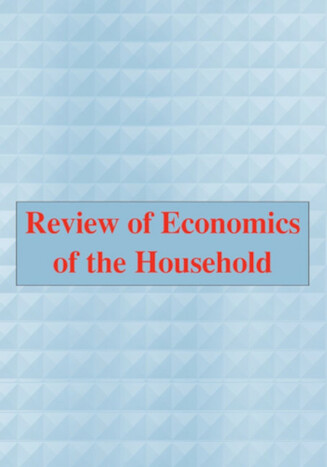TEMPORARY VERSUS PERMANENT MIGRATION: THE IMPACT ON EXPENDITURE PATTERNS OF HOUSEHOLDS LEFT BEHIND
ABSTRACT
In this paper we investigate whether adult children's internal migration influences expenditure behaviour of households left behind in rural China, and how this impact differs among different types of migrants. Exploiting uniquehukouinformation from the China Health and Retirement Longitudinal Study, we explicitly distinguish between temporary and permanent migration. To deal with the endogeneity of migration, we implement an instrumental variable approach. Our results reveal remarkably distinct effects on household expenditure patterns depending on whether children migrate temporarily or permanently to urban areas. Households with temporary migrant children spend more on one key consumption good-food-and invest less. In contrast, permanent migration of children exerts no impact on household consumption but increases productive investment. Therefore, policymakers should view permanent migration as a potential pathway to foster local economic development.
Statistics
Web of Science Times Cited
11
Journal Citation Indicator
1.41

